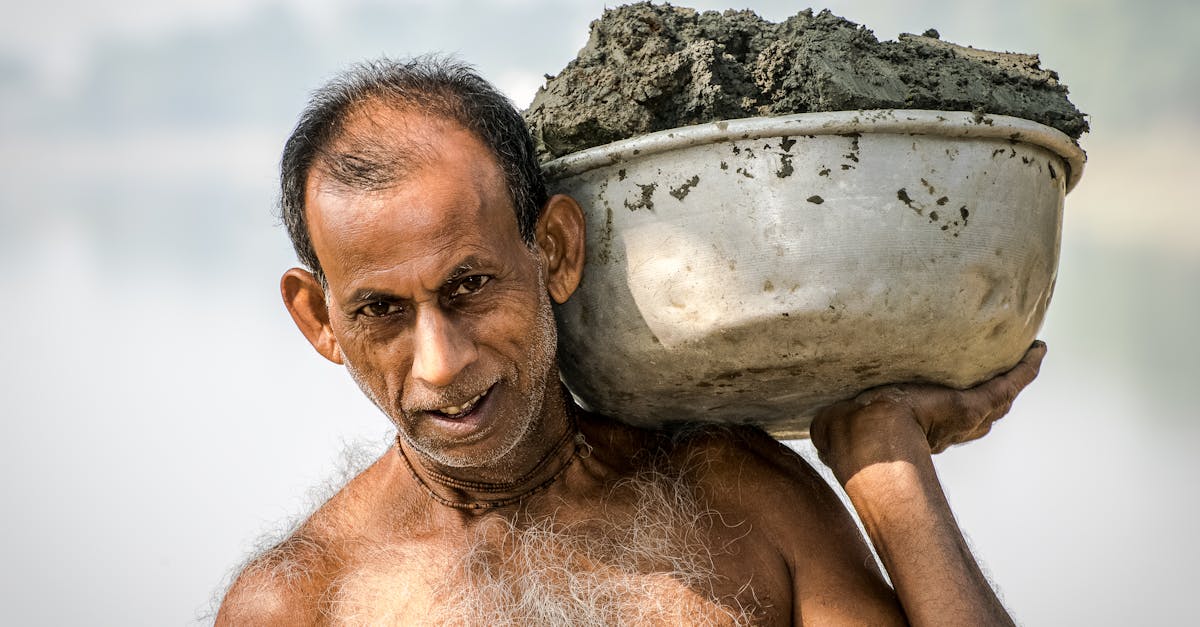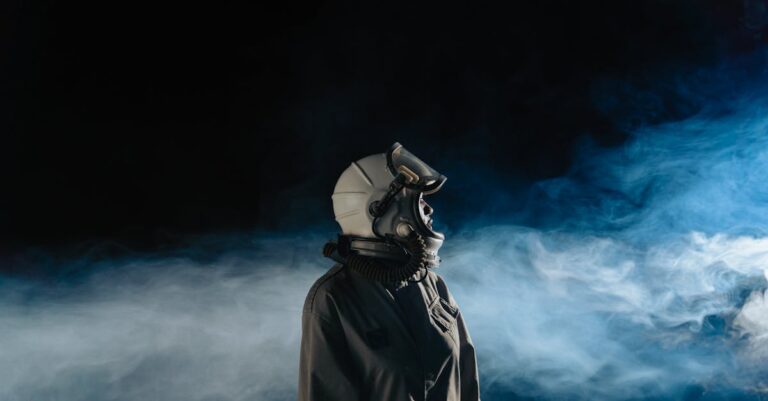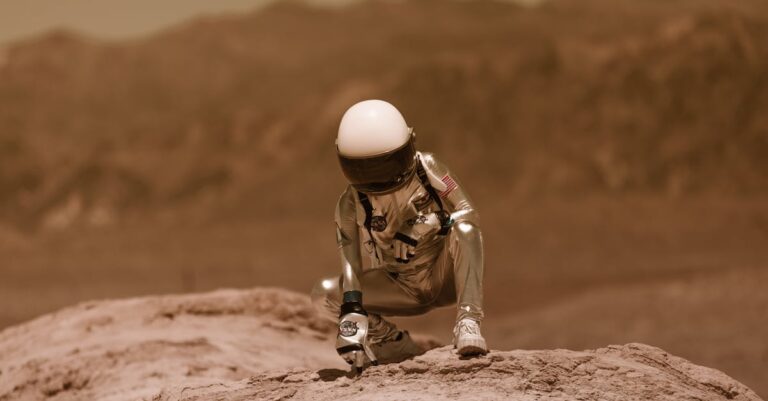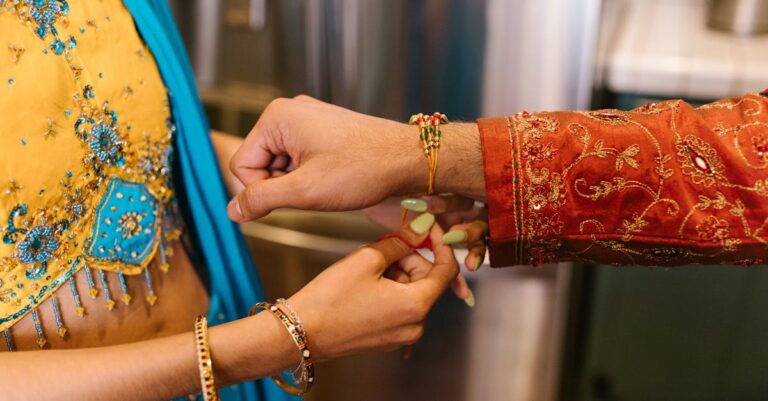
Clara’s boots sank into the cracked earth as she pulled the scarf tighter around her face, the wind carving through the fabric like a blade. The sky had turned the color of ash, a low growl of thunder rumbling in the distance. Her father’s voice echoed in her mind, sharp and clipped: *“You’ll stay here. This land is all we’ve got.”* But the land was dying. The cornrows wilted like broken fingers, and the air tasted of iron and desperation. She clutched the frayed edges of her mother’s apron, its floral pattern faded to a ghost of color. A single tear slipped down her cheek, evaporating before it could hit the dirt.
The first time she saw the train, it was a sliver of steel in the horizon, snaking toward the distant mountains. Her brother, Eli, had whispered, *“They’re going west. To California.”* His voice was a thread of hope, fraying at the edges. Clara had watched him pack that night, his hands trembling as he folded shirts into a dented suitcase. *“You’ll come with me,”* he’d said, but she’d known the truth—the land demanded its own sacrifices. Now, standing at the edge of the field, she wondered if she was ready to leave behind everything she’d ever known.
The train station was a cacophony of whispers and rusted metal. Clara’s fingers brushed against the worn leather of her mother’s handbag, its strap fraying at the seams. A man in a soot-streaked hat barked orders to a group of migrants, his voice slicing through the air like a whip. *“Move! We’re leaving before the dust storm hits!”* Clara’s stomach twisted. She had no ticket, no money, only the clothes on her back and the weight of her family’s silence. A woman with hollow eyes approached, her hands calloused from years of labor. *“You look like you could use a ride,”* she said, her tone flat. Clara nodded, swallowing the lump in her throat.
The train car reeked of sweat and desperation. Families huddled together, their faces etched with exhaustion. Clara found a corner, her back against the metal wall as the engine roared to life. The wheels clattered over tracks, a rhythm that seemed to pulse through her bones. She closed her eyes, but the images wouldn’t stop: her mother’s worried face, Eli’s faded smile, the way the dust had swallowed their home whole. A child nearby cried, and Clara’s chest tightened. *This is it,* she thought. *There’s no turning back.*
When they arrived in California, the air was different—thicker, warmer, carrying the scent of orange blossoms and something else, something foreign. The fields stretched endlessly, a patchwork of green and gold under the sun. But the welcome was cold. A man with a clipboard scowled at them, his voice sharp as glass. *“No jobs here for you folks.”* Clara’s heart sank. She glanced at the woman who’d given her a ride, her face a mask of determination. *“We’ll find something,”* she said, though her voice wavered. The sun blazed overhead, and Clara wondered if the land they’d chased would ever feel like home.
The first day on the farm was a blur of sweat and blisters. Clara worked under the scorching sun, her hands raw from picking oranges. The other workers were silent, their faces etched with exhaustion. A boy no older than twelve handed her a canteen, his eyes dark and wide. *“You’ll get used to it,”* he said, but his voice lacked conviction. Clara drank deeply, the water tasting of dust and hope. That night, she sat by the campfire, the flames flickering against the dark sky. The woman who’d helped her earlier sat across from her, her hands wrapped around a tin cup. *“You’ll survive,”* she said, though her eyes held no certainty. Clara nodded, but the words felt hollow.
Weeks passed in a haze of labor and silence. Clara’s body ached, her skin burned, and the days blurred into one another. She began to understand the weight of survival—the way it chipped away at hope, leaving only stubbornness. One evening, as she walked through the fields, she stumbled upon a group of workers gathered around a radio. The voice on the speaker was urgent, filled with anger. *“They’re taking our land! Our homes!”* Clara froze, her heart pounding. The words hit her like a physical blow. She had left the Dust Bowl for a better life, but now it seemed the same battles followed her. A man nearby turned to her, his face lined with fury. *“We can’t let them win,”* he said. Clara didn’t know what to say, but she felt the fire in his voice, and for the first time, she wondered if she had the strength to fight.
The strike began on a rainy morning, the air thick with tension. Workers gathered in the fields, their faces set in grim determination. Clara stood among them, her hands clenched into fists. A woman’s voice rang out, steady and unyielding. *“We’re not asking for much—fair pay, safe conditions.”* The crowd murmured, some nodding, others shifting uneasily. Clara’s heart raced as she joined the chant, her voice joining the chorus of defiance. The strike lasted for weeks, and the struggles were endless—arrests, threats, exhaustion. But Clara found a strength she hadn’t known she had. She learned to speak up, to stand tall, to fight for something greater than herself.
In the end, the strike didn’t change everything, but it changed her. She returned to the fields with a new resolve, her hands calloused but her spirit unbroken. The land was still harsh, the work still grueling, but now she saw it differently—not as a place of loss, but as a testament to resilience. She thought of her family, of the life they’d left behind, and knew that survival wasn’t just about enduring. It was about finding light in the darkest moments, and holding on to it no matter what.
Years later, Clara would look back on that time with a mix of pain and pride. The dust storms had long since passed, but their shadow lingered. She had lost so much, yet she had gained something equally vital—a sense of purpose, a connection to others who had faced the same struggles. The land was still hard, but so was she. And as she stood in the fields, the sun rising over the horizon, she knew that no matter what came next, she would face it with the same unyielding spirit that had carried her through the worst of times.


